The Need to Address a Global Concern
Antimicrobial resistance (AMR) has been a global concern for several decades. The medical and scientific community has been looking for alternatives to address this since many claim that we are in the post-antibiotic era. Bacteriophages (or phages) have been seen as a promising answer to this issue, and with experimental and commercialized phage products available in selected countries, there is a need to further develop phage-based products for therapy and also for biocontrol. Phages are used in some countries as alternatives to antibiotics to help address the growing global concern of AMR, not just in the medical field but also in the food industry, aquaculture, agriculture, and veterinary medicine.
Seeking Global Experts
Some challenges when working with phages are not just the availability of funds to do research, not just the need for regulation and testing of products, but also the fact that in areas with high rates of AMR, such as Africa and Asia, there is a scarcity of phage experts and institutions devoted to the advancement of phage therapy. Most scientists with multimillion in funding and experience are elsewhere in the world, rather than in the regions where the highest rates of AMR and associated mortality have been reported.
There is a need to have a pool of experts from around the world aid countries in Africa and Asia to 1) learn more about the potential applications of phages, 2) train scientists from those regions how to work with phages, and 3) and eventually develop phage-based products in those countries, thereby addressing specific AMR problems in Africa and Asia with the guidance and collaboration of experts from elsewhere.
Phages for Global Health
Phages for Global Health (PGH) (https://www.phagesforglobalhealth.org/), headed by its President and Founder, Dr. Tobi Nagel, has spearheaded the mission to bring phage expertise to developing countries. PGH has been working tirelessly to facilitate the application of antibacterial phage technology in the developing world. They accomplish this through several different programs, including delivering Laboratory Training Workshops in developing countries. They initially ran workshops in Africa, but branched out to Southeast Asia in 2022. For each workshop they have funded all the expenses for the participants and instructors.
South East Asia Hands-on Workshop
To continue this advocacy and be able to reach more scientists to work on phages, PGH partnered with the University of Santo Tomas (UST) - BEATS (Bacteriophage Ecology, Aquaculture, Therapy and Systematics) Research Group. BEATS is the pioneering group of phage researchers in the Philippines, headed by Dr. Donna May Papa of the UST College of Science, the Research Center for the Natural and Applied Sciences, and the Graduate School. The UST BEATS staff and students helped PGH organize and conduct the hands-on Bacteriophage Workshop in South East Asia, which was held during May 8 - 12, 2023, at the Roque Laboratory of the Graduate School of UST and the biology laboratories of the College of Science at the Central Laboratory Building in the university.
Internationally renowned phage experts Dr. Martha Clokie (University of Leicester, United Kingdom), Dr. Sunee Korbsrisate (Mahidol University, Thailand), Dr. Heera Rajandas and Dr. Sivachandran Parimannan (AIMST University, Malaysia) joined Dr. Donna May Papa (University of Santo Tomas, Philippines) and Dr. Ron Dy (University of the Philippines - Diliman, Philippines) and Dr. Tobi Nagel to serve as workshop facilitators and instructors.
The workshop was attended by 36 participants from Indonesia, Malaysia, Sri Lanka, Thailand, Vietnam, and the Philippines, with most of the participants practicing experimental methods in the laboratory, while more advanced participants focused on learning bioinformatics tools. The training on basic phage methods included sample collection, isolation, purification and amplification of phages, webbed plate preparation, one-step growth experiments, and an introduction to DNA extraction. The bioinformatics component of the workshop included processing phage sequences, installing and troubleshooting virtualization engines to run Ubuntu and Linux in Windows systems. In addition, sample exercises were given on the basics of Linux and coding language, pre-processing and quality control of sequence data, de novo assembly of phage sequences, genome annotation, and core gene and phylogenetic analysis of processed sample sequences. The culminating activity included reports delivered by the participants based on the results they generated and the learnings they gained during the workshop.
In Action
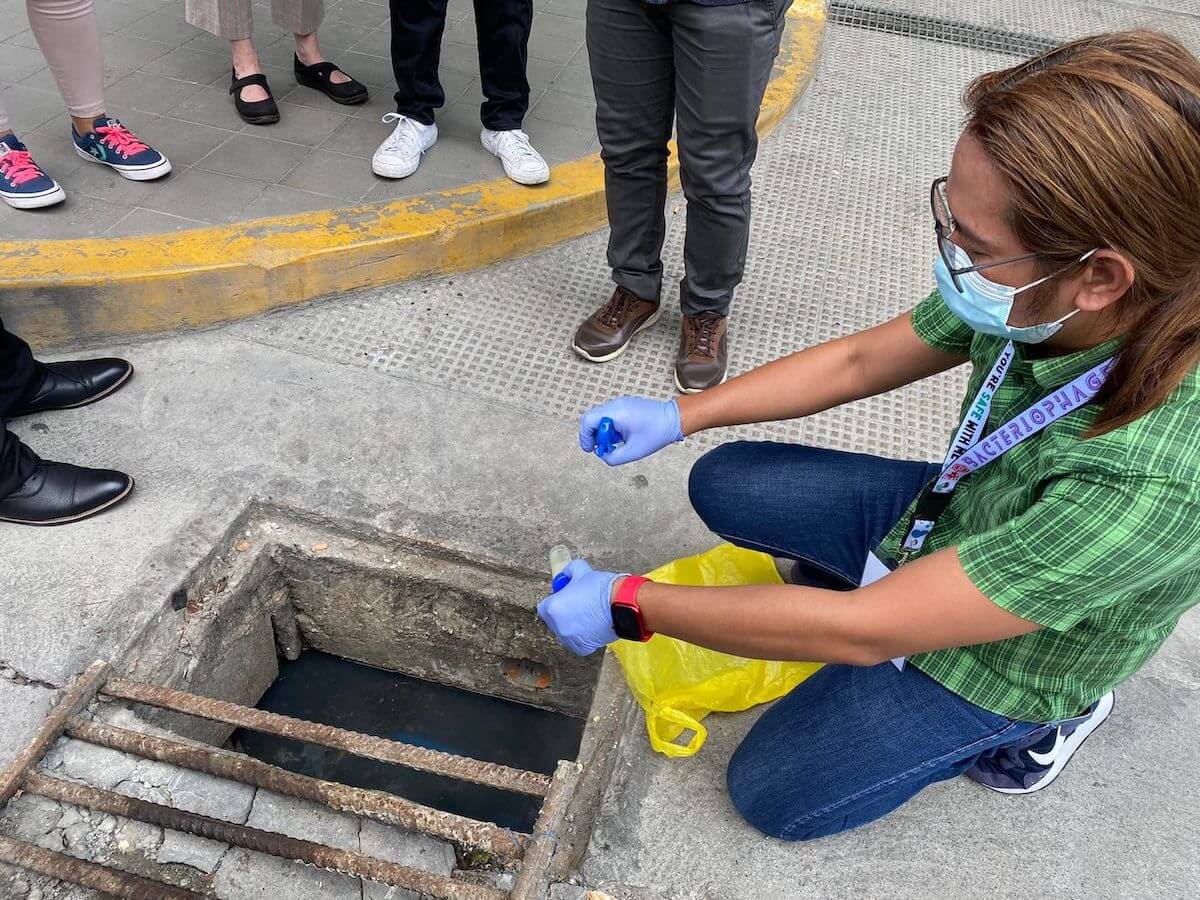
Fig 1. The workshop participants collected sewage and soil samples…
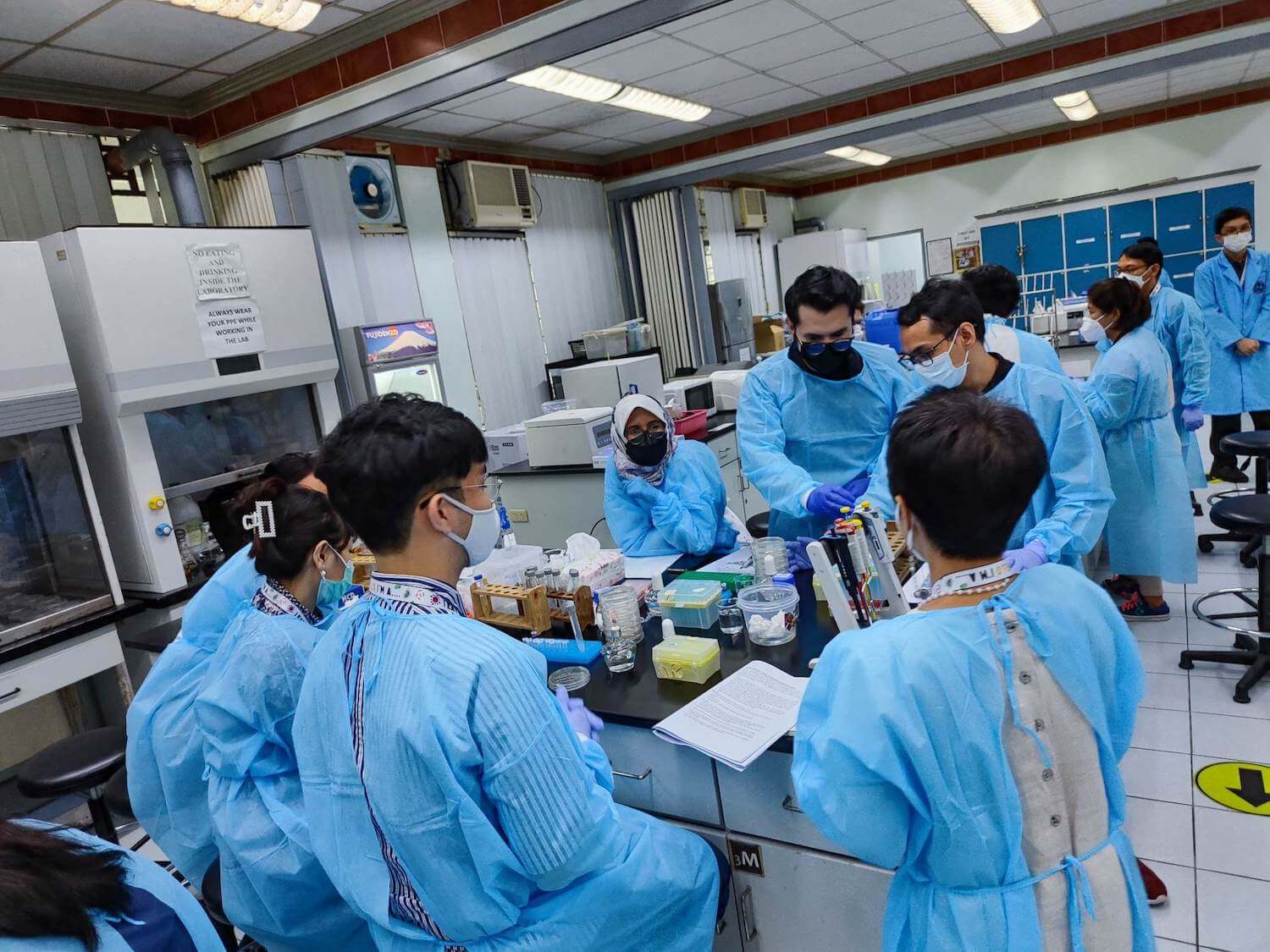
Fig 2. …and learned how to process and isolate phages from them.
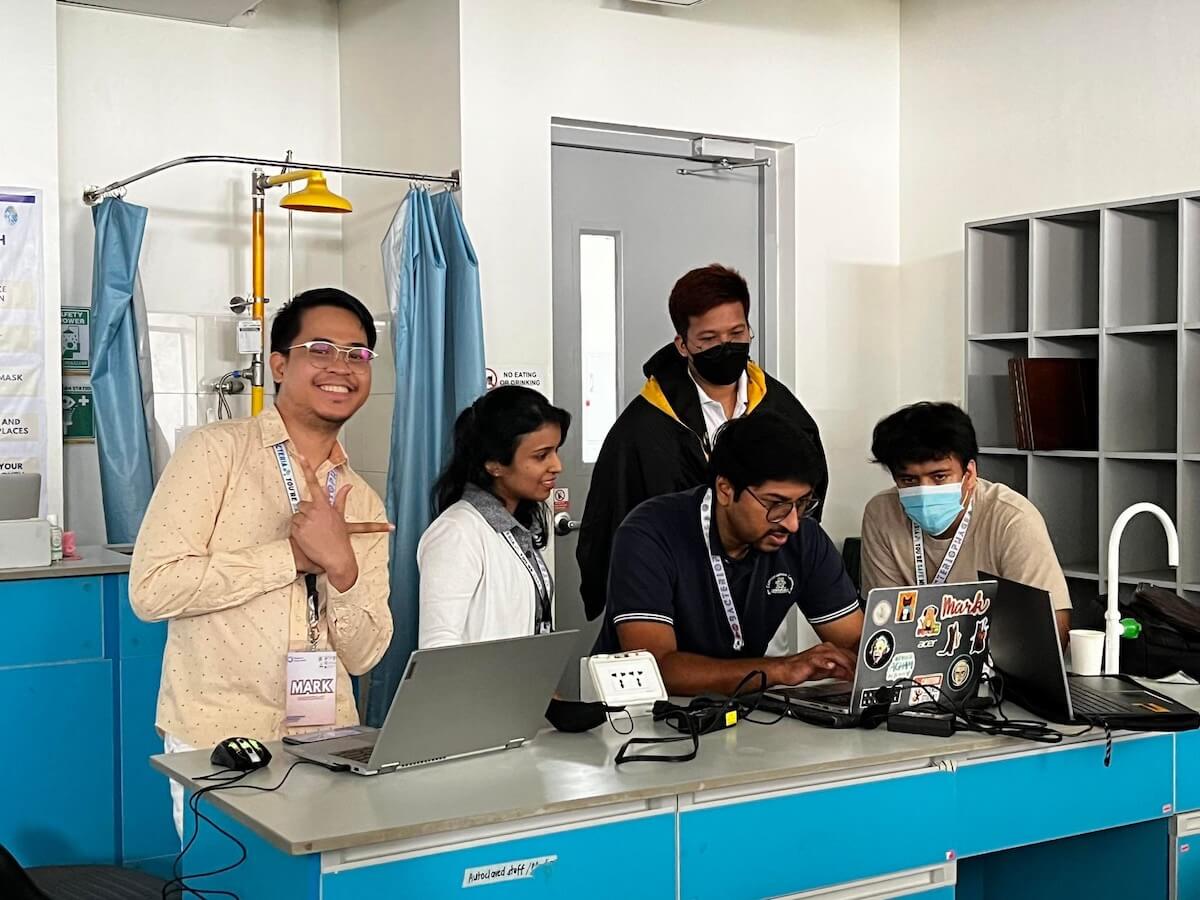
Fig 3. The bioinformatics group with Dr. Heera Rajandas and Dr. Sivachandran Parimannan from AIMST University, Malaysia, as their facilitators.
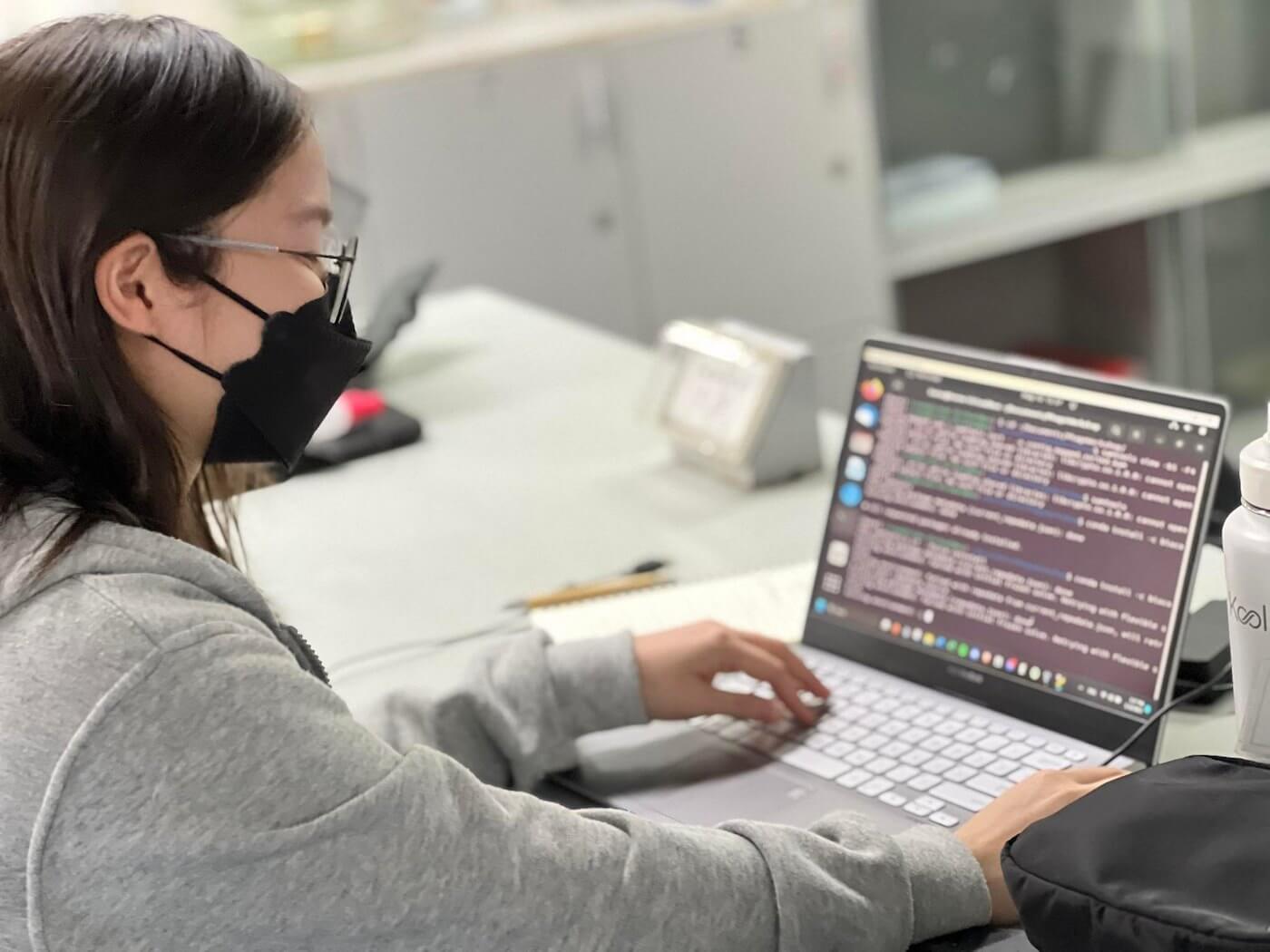
Fig 4. The bioinformatics component of the workshop included processing phage sequences, setting up virtualization engines. Exercises included pre-processing and quality control of sequence data, de novo assembly of phage sequences, genome annotation, and core gene and phylogenetic analysis of processed sample sequences.
Culminating Activity
The workshop was a well-rounded hands-on training that enabled the participants to learn methods, ask questions, plan future projects, and discuss possible collaborations. They also were given the opportunity to indicate what types of assistance they might need from the experts and PGH in the future.
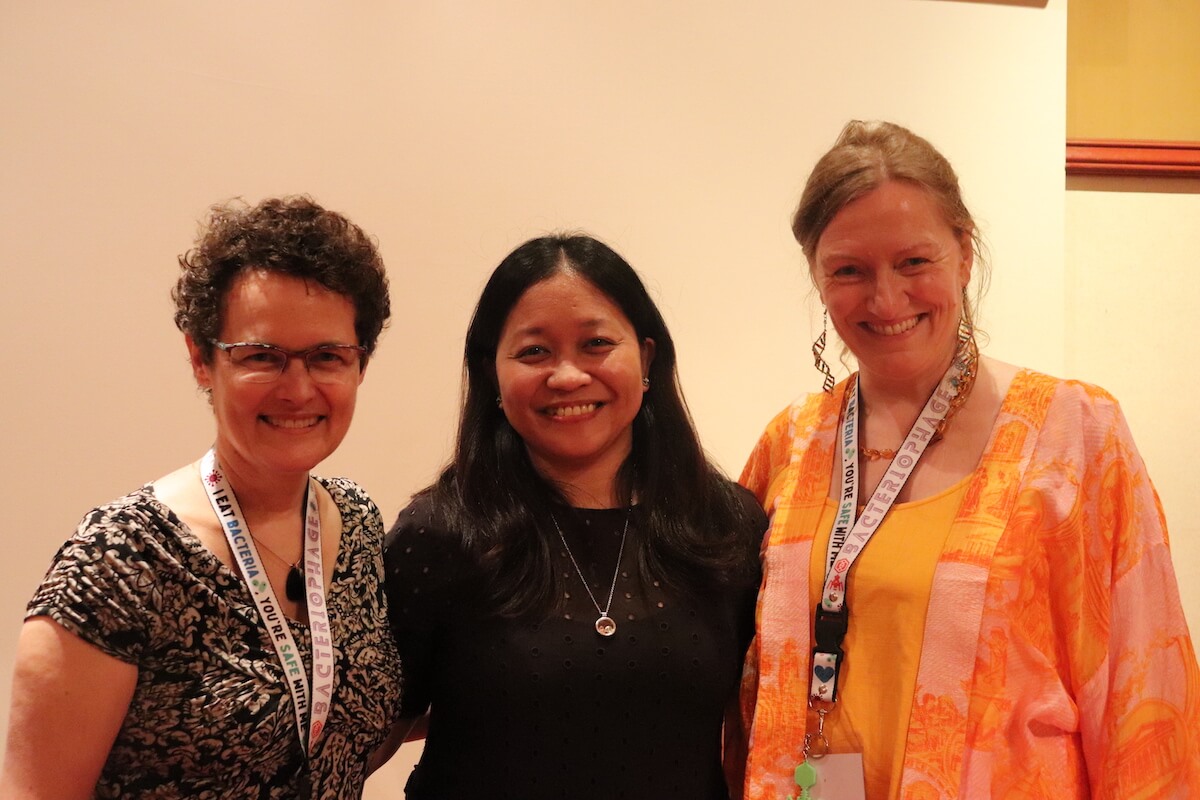
Fig 5. Tobi, Donna and Martha
PGH aimed to train phage biologists in the Philippines and Southeast Asia, and it was a very successful workshop that achieved its educational goals and also developed camaraderie among participants and facilitators. The UST BEATS research group was also at the receiving end since one of the goals of Dr. Tobi and PGH was capacity building, with the workshop being a stepping stone for the group to aim higher for goals in phage therapy and research in the Philippines.
PGH, in cooperation with the UST BEATS Research group and workshop facilitators, aimed to create a consortium of phage biologists in South East Asia through this workshop. They were successful in furthering phage research and knowledge exchange between institutions from different countries in the region. This should help facilitate the application of antibacterial phage technology as antibiotic alternatives, addressing the critical issue of AMR in South East Asia.
Written By: Donna May Papa
Pictures: Gale Fungo and UST BEATS
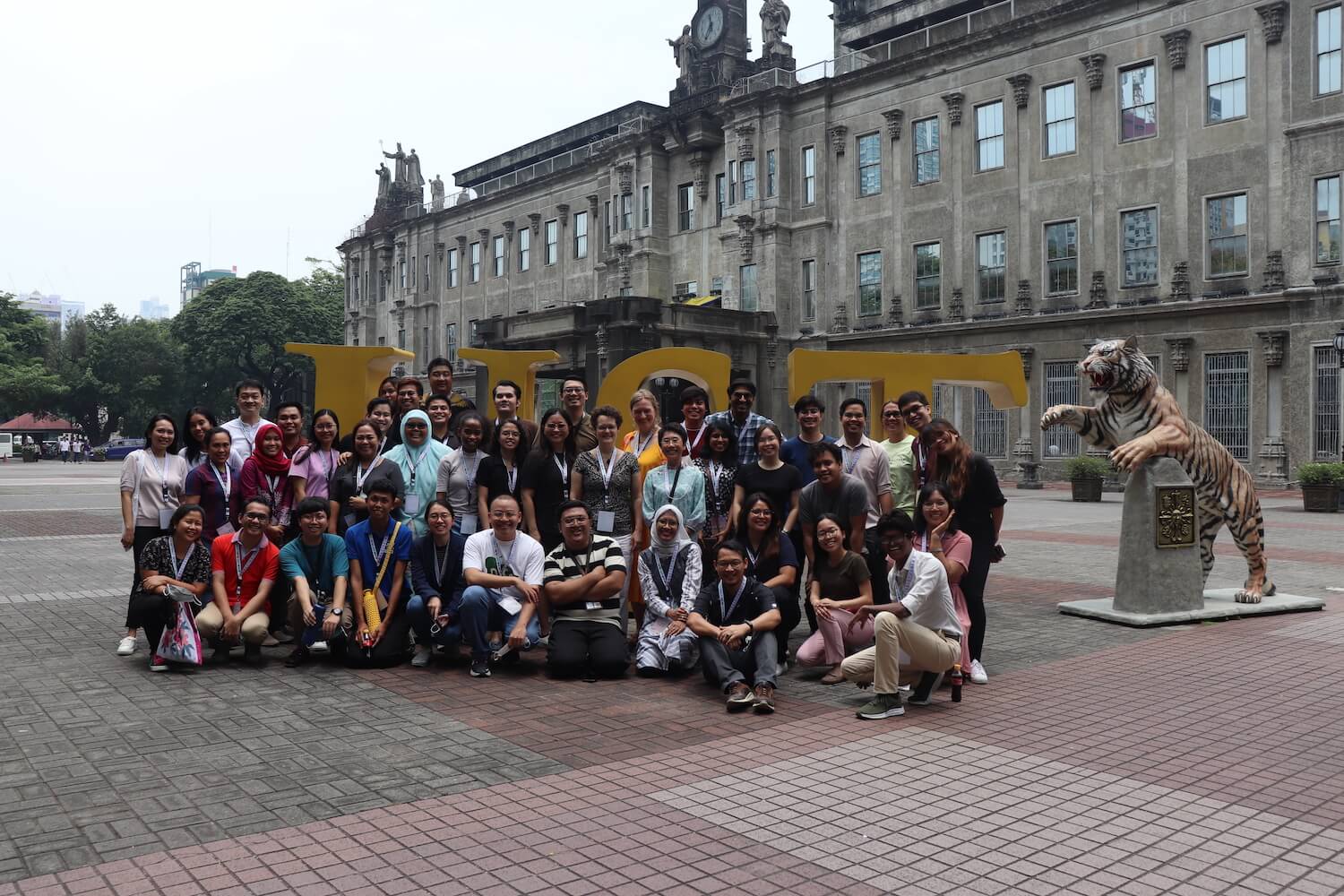
Cover. The instructors and participants of the Bacteriophage Workshop in South East Asia held in the University of Santo Tomas last May 8-12, 2023.











